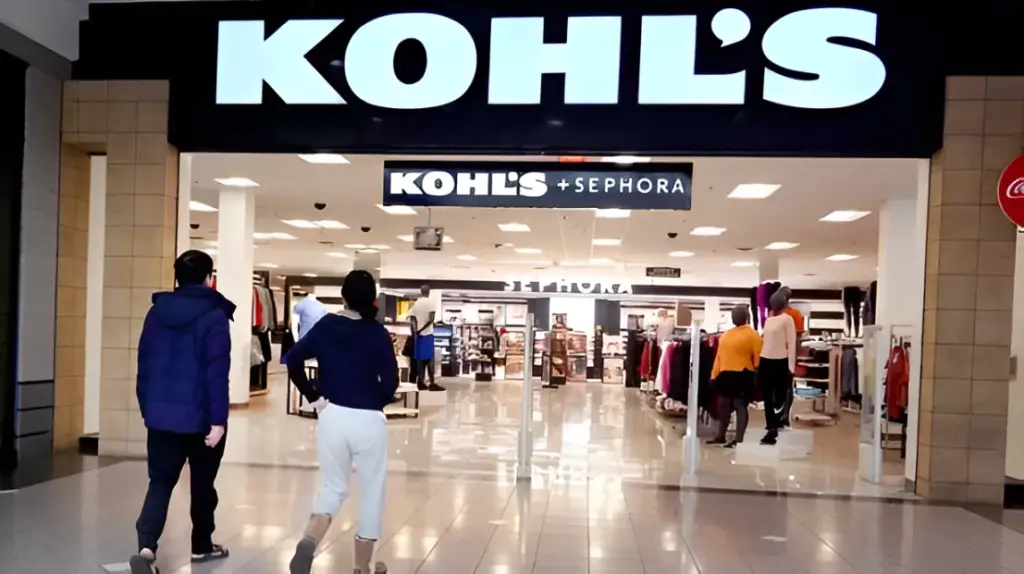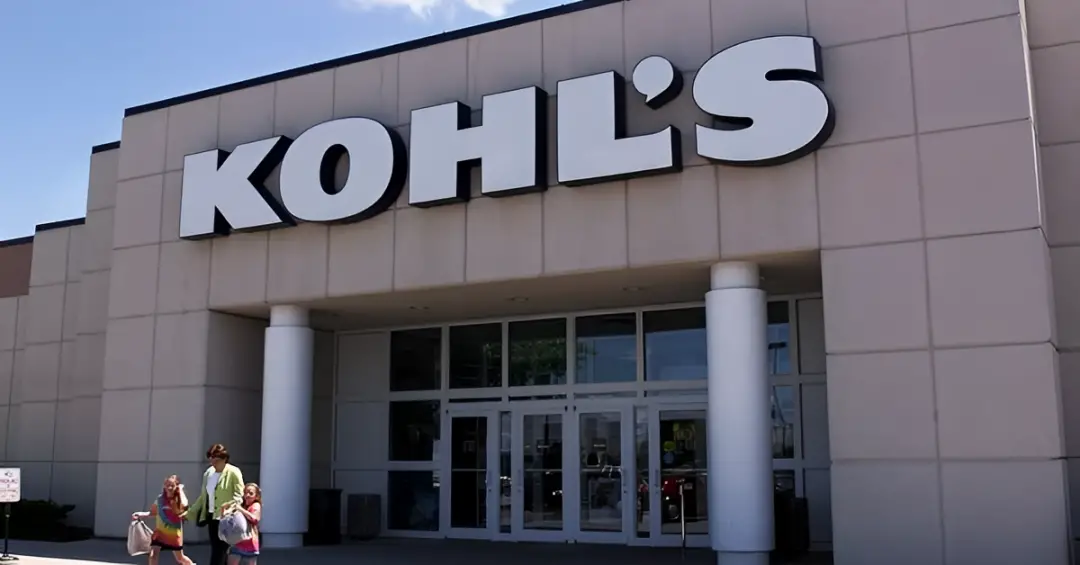Kohl’s will permanently close 27 stores across 15 states this weekend, marking a significant move in the retailer’s downsizing strategy. Among the impacted locations, two Kohl’s stores in Illinois will be shutting their doors for good: one in Plainfield, located at 11860 S Route 59, and another in Spring Hill (West Dundee), located at 3000 Spring Hill Road.
These closures are part of a larger restructuring plan the company announced earlier this year, designed to streamline operations and reduce costs in the face of changing consumer habits.
The closures in Illinois are part of a nationwide downsizing effort that will see Kohl’s reduce its physical presence across the country. For many customers, these store closures come as a disappointment, as they have been a long-standing part of the local retail landscape.
Kohl’s has been a popular shopping destination for many Illinois residents, offering a variety of products ranging from clothing and home goods to electronics and beauty items. For those in Plainfield and Spring Hill, the store closures mean the loss of convenient access to these services, which many customers relied on for their shopping needs.
The stores will officially close on March 29, and customers are being urged to take advantage of any remaining sales or promotions before the doors shut for the final time. While Kohl’s has not provided any specific information on what will happen to the now-vacant retail spaces, the company has assured customers that it remains committed to serving them through its other locations and online platforms.

The store closures are a part of a larger trend in retail, where traditional brick-and-mortar stores are facing increasing pressure to adjust to the rise of online shopping and changing consumer preferences.
Along with closing these two Illinois stores, Kohl’s is also undergoing several other significant changes as part of its restructuring strategy. The company has announced a 10% reduction in its corporate workforce, meaning that a number of corporate employees will be let go as part of the effort to streamline operations and improve efficiency. Additionally, Kohl’s is eliminating Amazon return services at several of its stores, a service that had been available at many locations as part of the retailer’s partnership with Amazon.
This restructuring plan is the result of the company’s desire to stay competitive in an increasingly challenging retail environment. As more customers turn to e-commerce for convenience, traditional retailers like Kohl’s are finding it harder to maintain foot traffic in their physical stores.
In response, Kohl’s is adapting by shifting its focus to its online business while scaling back its presence in physical locations that are not performing as well. By closing stores that are no longer serving the company’s long-term growth strategy, Kohl’s hopes to create a more sustainable business model going forward.
Former CEO Tom Kingsbury addressed the difficult decision to close stores in a statement, acknowledging the challenges that come with such significant changes. He said, “We always take these decisions very seriously.
As we continue to build on our long-term growth strategy, it is important that we also take difficult but necessary actions to support the health and future of our business for our customers and our teams.” This message highlights the delicate balance that retailers must strike between serving customers’ needs and managing the company’s financial health.
The closures are likely to create significant uncertainty for employees at the affected stores. Many of the workers at the Plainfield and Spring Hill Kohl’s stores will now have to look for new job opportunities.
While Kohl’s has not provided specifics on how many employees will be directly affected by the closures, it is clear that losing two stores in Illinois will leave many people looking for new employment. Local job markets may also feel the impact, as many people who depend on retail jobs may find it harder to find work in an area already struggling with job opportunities.
The closures also raise questions about the future of these retail locations once they have been vacated. Kohl’s has not revealed any plans for what will happen to the now-empty buildings, which could leave communities wondering what will replace these long-standing retail spaces.
In some cases, vacant retail stores are repurposed for new tenants or transformed into other types of businesses, such as gyms, restaurants, or entertainment venues. However, the specific future of the Plainfield and Spring Hill Kohl’s locations remains uncertain at this time.
The decision to close these stores reflects the broader challenges faced by traditional retailers as they struggle to compete with the rise of online shopping. Retail chains like Kohl’s can no longer rely solely on their physical stores to generate business, and many companies are turning to digital platforms as their primary means of engaging with customers. This shift in consumer behavior has led many retailers to reconsider their store footprints, reducing the number of physical locations in favor of focusing on e-commerce growth.
As Kohl’s moves forward with these changes, the retailer will continue to face the pressure of adapting to the new retail landscape. The company must find a way to balance its physical store closures with an increasing focus on online sales, ensuring that it remains relevant in a world where shopping habits are evolving quickly. While the closures in Illinois and other parts of the country represent a difficult step for the company, Kohl’s remains hopeful that its long-term growth strategy will allow it to thrive in the years to come.
In conclusion, the closure of Kohl’s stores in Illinois is just one part of a larger trend that is reshaping the retail industry. As consumers continue to move toward online shopping and demand more convenience, traditional retailers like Kohl’s must adjust their business models to stay competitive.
While the closures will certainly impact local communities and employees, Kohl’s hopes that these changes will help it achieve long-term growth and success in an ever-evolving market. The future of Kohl’s and its remaining stores will depend on how well the company can navigate these challenges and meet consumers’ changing needs.
Disclaimer: Our team meticulously fact-checked this article to ensure accuracy and transparency. We strive to deliver trustworthy and dependable content to our readers.




